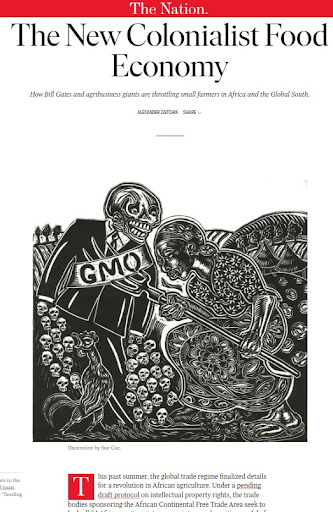
If I must die
إذا
كان لا بد أن أموت
رفعت العرعير
إذا
كان لا بد أن أموت
فلا
بد أن تعيش أنت
لتروي
حكايتي
لتبيع
أشيائي
وتشتري
قطعة قماش
وخيوطا
فلتكن
بيضاء بذيل طويل
كي
يبصر طفل في مكان ما من غزة
وهو
يحدق في السماء
منتظرا
أباه الذي رحل فجأة
دون
أن يودع أحدا
ولا
حتى لحمه
أو
ذاته
يبصر
الطائرة الورقية
طائرتي
الورقية التي صنعتها أنت
تحلق
في الأعالي
ويظن
للحظة أن هناك ملاكا
يعيد
الحب
إذا
كان لا بد أن أموت
فليأتي
موتي بالأمل
فليصبح
حكاية
If I must die
Refaat
Alareer
____________
If I must die
You
must live
To
tell my story
To
sell my stuff
And
buy a piece of cloth
And
threads
Let
it be white with a long tail
For
a child somewhere in Gaza to see
He
stares at the sky
Waiting
for his father who suddenly passed away
Without
saying goodbye to anyone
Not
even his flesh
Or
itself
He
sees the kite
My
kite that you made
Flying
high
He
thinks for a moment that there is an angel
Brings
back love
If
I must die
May
my death bring hope
Refaat
Alareer was killed alongside children and other family members by an Israeli
air strike in Gaza City on Wednesday December 6, 2023.




































